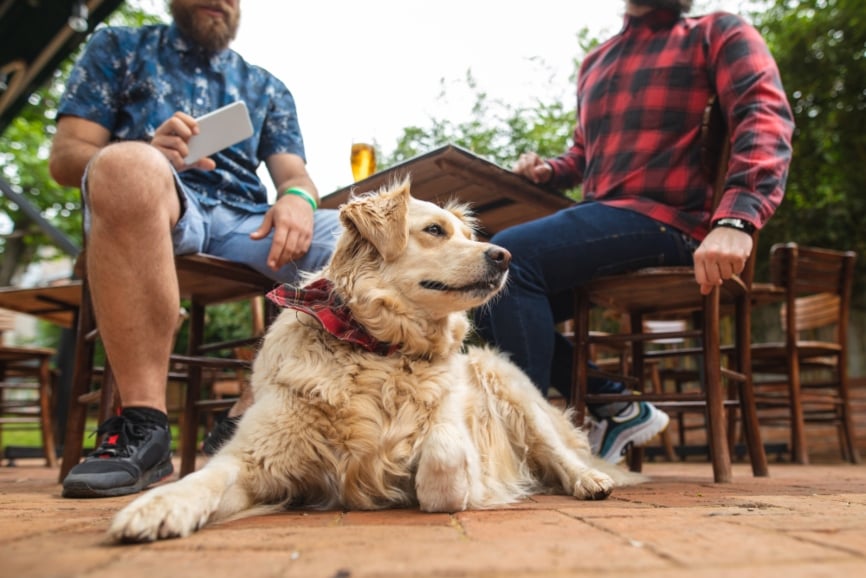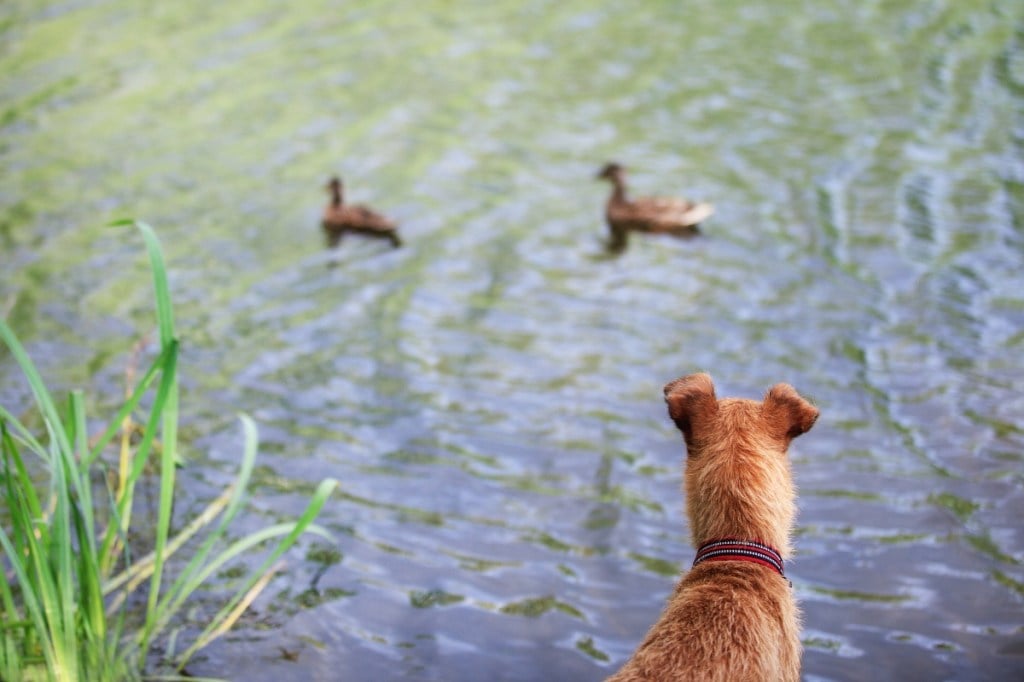Table of Contents
A new puppy is an exciting addition to your family. While it’s easy to focus on all the fun a new four-legged friend brings into your home, it’s important to get them seen by a vet early on to set the course for a healthy and happy life.
New Puppy Exam
Plan to bring your new pup in for a veterinary exam within a few days of adoption. This will help ensure a healthy start for your new dog and identify issues that may need to be discussed with a breeder prior to fully committing to adoption. Be sure to bring along your pup’s veterinary records so your vet knows when vaccinations are due.
Vaccinations
Puppy vaccination series typically begin at about 8 weeks and are continued until 3-4 months of age. Your puppy will need a few core vaccinations that are necessary for all puppies to be well protected. Plan to discuss where you travel and live throughout the year, what type of environments your puppy will be in, and if your pup will be visiting dog parks and kennels. With that information, your vet can also recommend optional vaccinations that will help safeguard your dog in different situations.
Although it seems essential that your new puppy go everywhere you go, they will not be adequately protected until their vaccination series is complete. Be sure to ask your vet when it’s okay for your pup to visit dog parks, go on hikes, or take part in other activities that might put an unvaccinated pup at risk.
Heartworm, Flea, and Tick Medications
The American Heartworm Association recommends that all dogs be given heartworm prevention year round for protection, so this should be part of your dog’s ongoing monthly health plan. Many heartworm preventions can be started when your puppy is 6-8 weeks old.
Fleas are not only annoying to your puppy but can also cause significant skin issues and fecal parasites—gross! It only takes one flea bite to cause a serious problem, so in many areas flea prevention year round is a must.
Ticks carry many diseases that can cause significant illness in your pets. Certain regions of the country are more prone to these diseases than others, and your vet can help you decide whether tick prevention is necessary for your pup.
Spaying/Neutering
Most recent veterinary recommendations are to wait for your pet to reach skeletal maturity before spaying/neutering (often 12 months for large breeds). Choosing to wait for this time period reduces the risk of orthopedic conditions such as torn cruciate ligaments, yet can also be a challenge due to behavior issues. These factors make the decision vary for each individual, and it’s important to discuss with your vet the pros and cons in order to make the best decision for your family.
Insurance Protection
As exciting as having a new puppy will be, this can also be one of the most likely times for a surprise trip to the vet while your pup is adjusting and you’re becoming aware of what potentially dangerous habits they may have, such as getting into the garbage or eating socks. Healthy Paws insures puppies as young as 8 weeks of age and can help protect you and your new friend from these unexpected events and expenses.
Kristonn Colborn, DVM, is a small animal and equine veterinarian in Bend, Oregon focusing in primary and emergency care. She graduated from the University of Florida with doctor of veterinary medicine degree.







